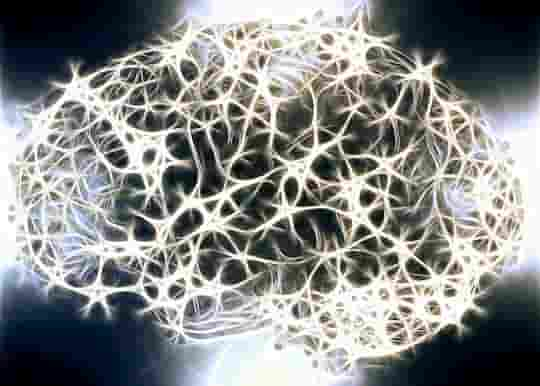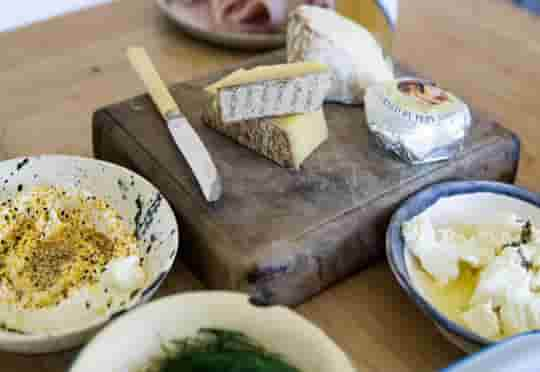The advice comes from a study of chronic inflammation in the body.
The number one cause of memory loss is simply aging.
A little forgetfulness is normal and does not necessarily indicate a problem.
However, there are ways to fight against this natural process and retain a better memory.
The three best ways to avoid memory loss later in life are:
- Eating an anti-inflammatory heart-healthy diet,
- getting enough sleep,
- and exercising regularly.
The advice comes from a study of chronic inflammation in the body.
Inflammation in middle age is linked to memory and thinking problems later on, research shows.
The main problem is chronic inflammation that continues for months or even years.
Symptoms of chronic inflammation include joint pain and stiffness, digestive problems and fatigue.
Dr Keenan A. Walker, the study’s first author, said:
“Many of the processes that can lead to a decline in thinking and memory skills are believed to begin in middle age, and it is in middle age that they may also be most responsive to intervention.
Our results show that chronic inflammation may be an important target for intervention.
However, it’s also possible that chronic inflammation is not a cause and instead a marker of, or even a response to, neurodegenerative brain diseases that can lead to cognitive decline.”
The study followed 12,336 people for an average of 20 years.
All were given blood tests for inflammation markers.
The results showed that people with the highest levels of inflammation also had the worst thinking and memory skills.
Those with the highest levels of inflammation had 8 percent worse scores on cognitive tests than those with the lowest levels.
Dr Walker continued:
“Chronic inflammation is tough on the body, and can damage joints, internal organs, tissue and cells.
It can also lead to heart disease, stroke and cancer.
While other studies have looked at chronic inflammation and its effects on the brain in older people, our large study investigated chronic inflammation beginning in middle age and showed that it may contribute to cognitive decline in the decades leading up to old age.”
The study was published in the journal Neurology (Walker et al., 2019).










